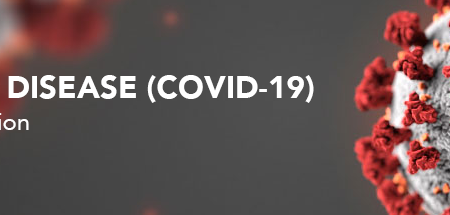ADHD: Should your patient take a drug holiday?
Parents of children who take stimulant medication for ADHD often wonder whether their kids should take a “drug holiday” during the summer months.
A drug holiday, or a structured treatment interruption, is a deliberate, temporary suspension of medication. Child and adolescent psychiatrist Dr. Edward Walton, recommends against drug holidays unless there is a compelling reason. Current research and population data shows that children with ADHD who stick with their treatment programs year-round reap better results than those who experience treatment interruptions.
Children who are being treated for ADHD do better in more than just the classroom. Successful treatment with psychostimulants helps manage behavior in a variety of different circumstances. ADHD medication can help with participation in extracurricular activities, and can help teens pay attention while driving and possibly help teens resist engaging in cigarette smoking, substance abuse, and risky behavior. Children’s social behavior and emotions are still developing in the summer months; they still have to get along with family and friends and function effectively in group activities like sports and day camp.
Parents and providers may consider a drug holiday because of concerns regarding side effects of stimulant medications. One of the concerns parents may voice is worry over stimulant medications affecting a child’s physical development. Recent well designed long-term studies conducted at Massachusetts General and Harvard Medical School concluded that in children followed for 10 years, into adulthood, there were no differences in height or weight between those who had taken stimulant medications and those who hadn’t.
Discuss with caregivers and consider how a drug holiday would affect the child’s well-being. ADHD is not limited to school activities it affects all social interactions. These symptoms may be exacerbated if the child is subjected to life changes over the summer such as a transition to a new town or school, and changes in the family. ADHD is often accompanied by comorbid conditions which become difficult to evaluate and treat if the core symptoms of ADHD are not controlled. The conservative treatment approach is to maintain prescribed psychostimulant therapy on a daily basis to encourage behavioral health stability and manage ADHD core symptoms on a continuous basis.






Leave a Reply
You must be logged in to post a comment.